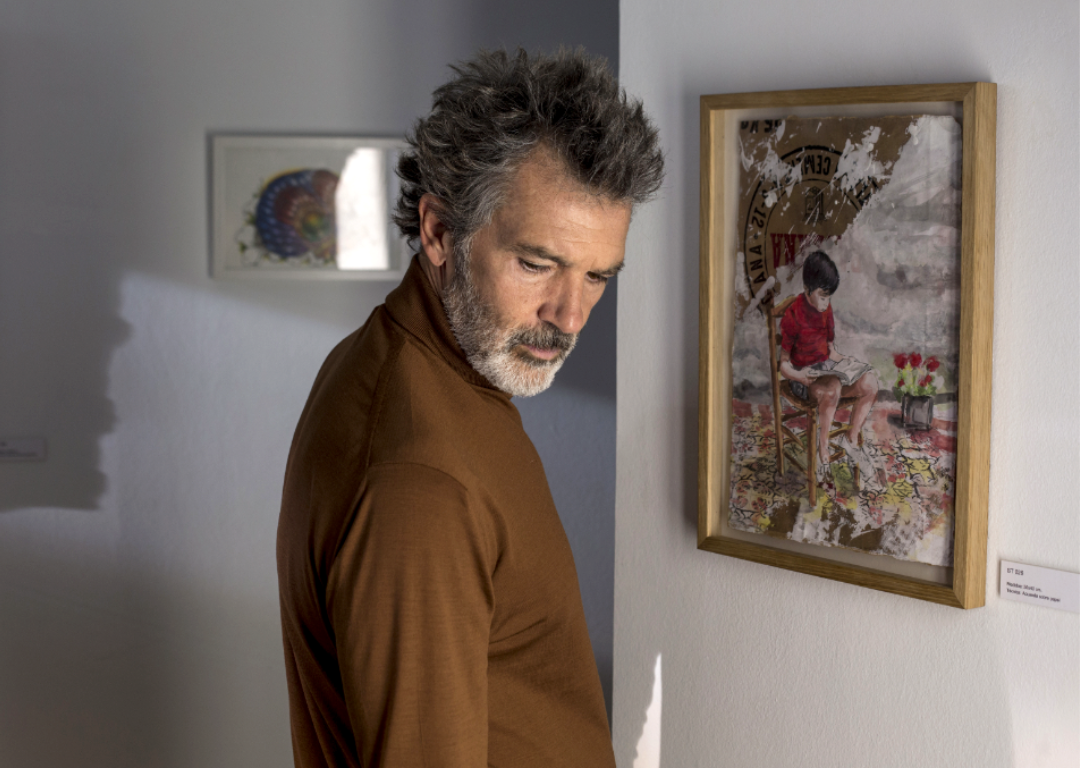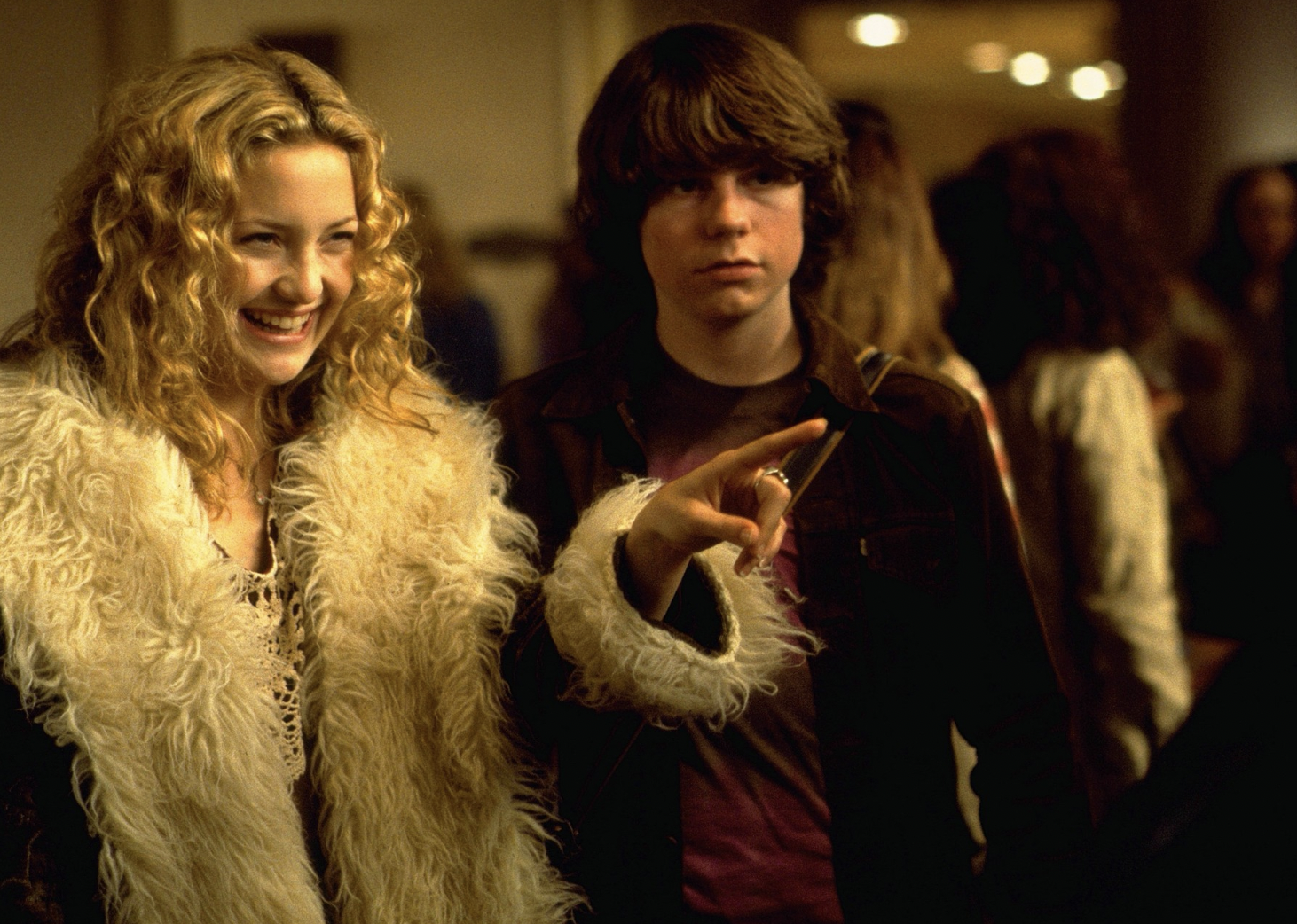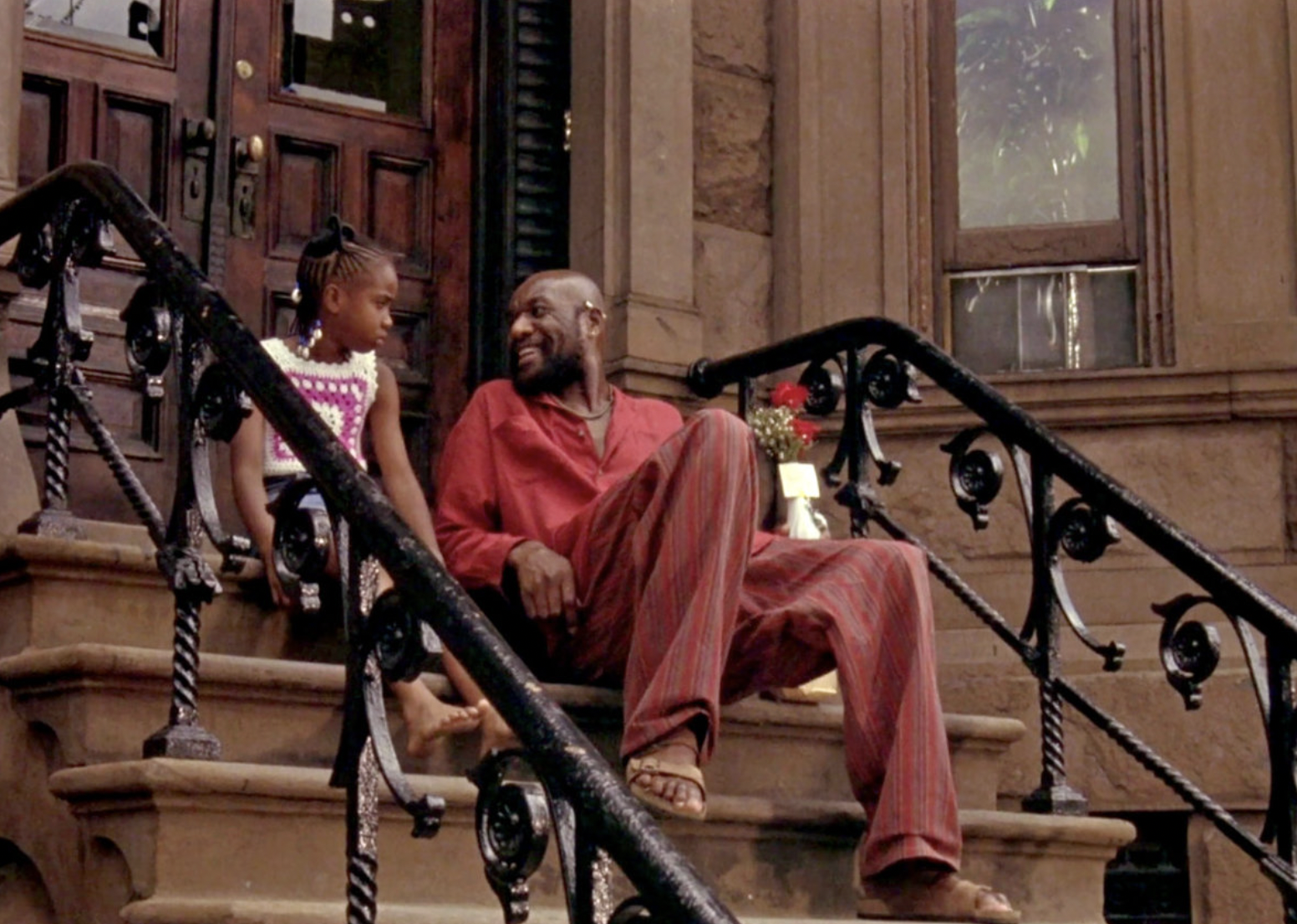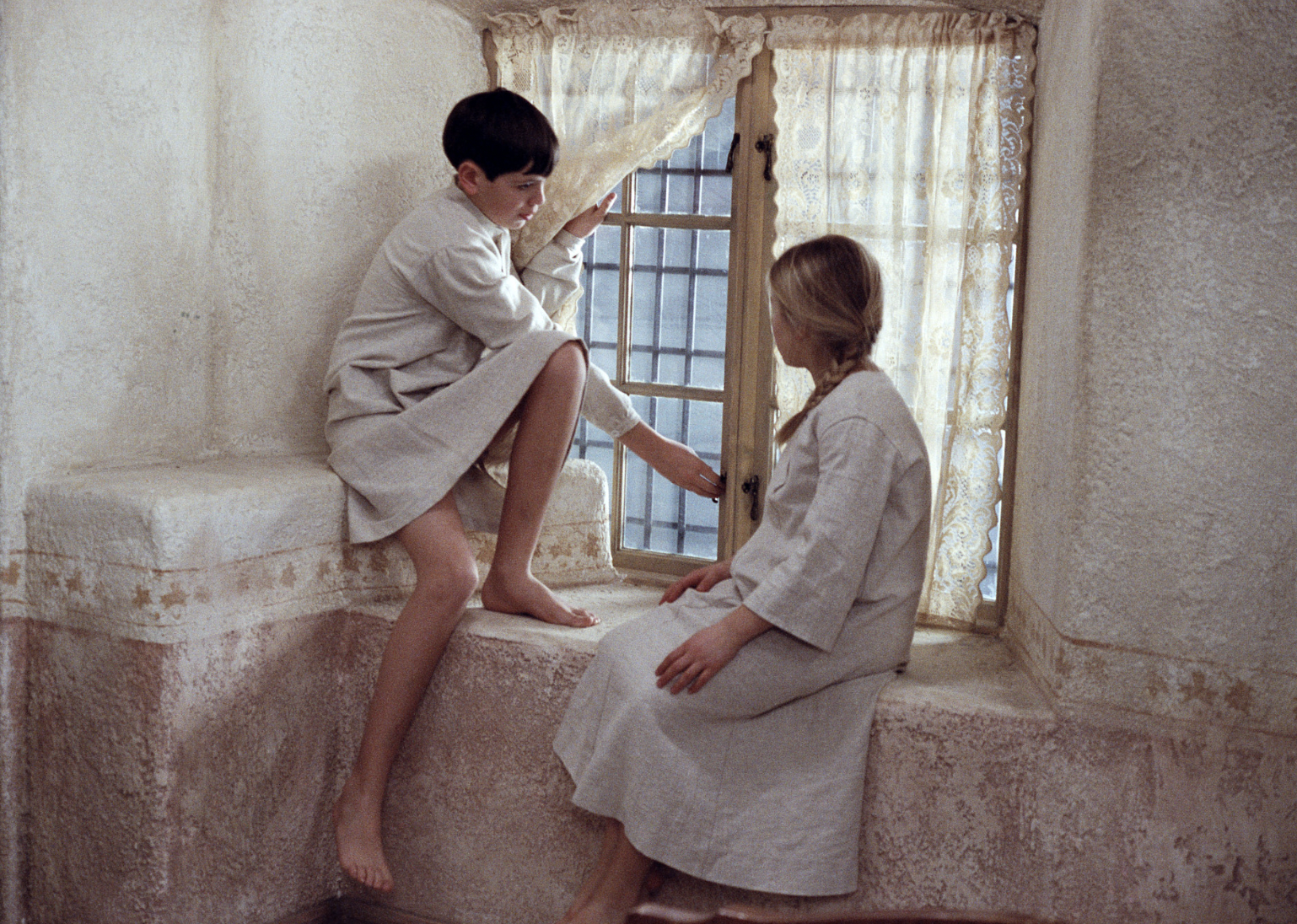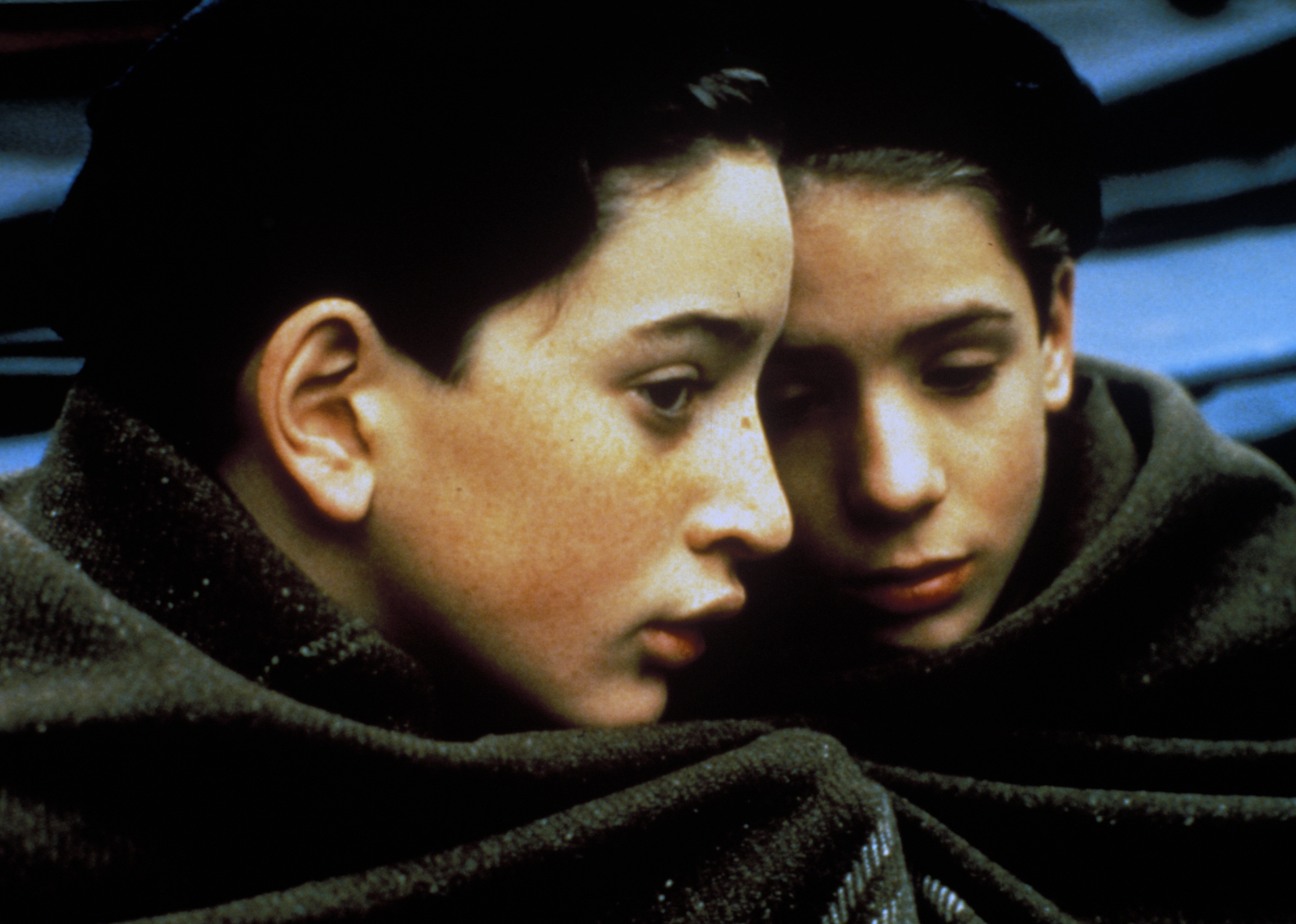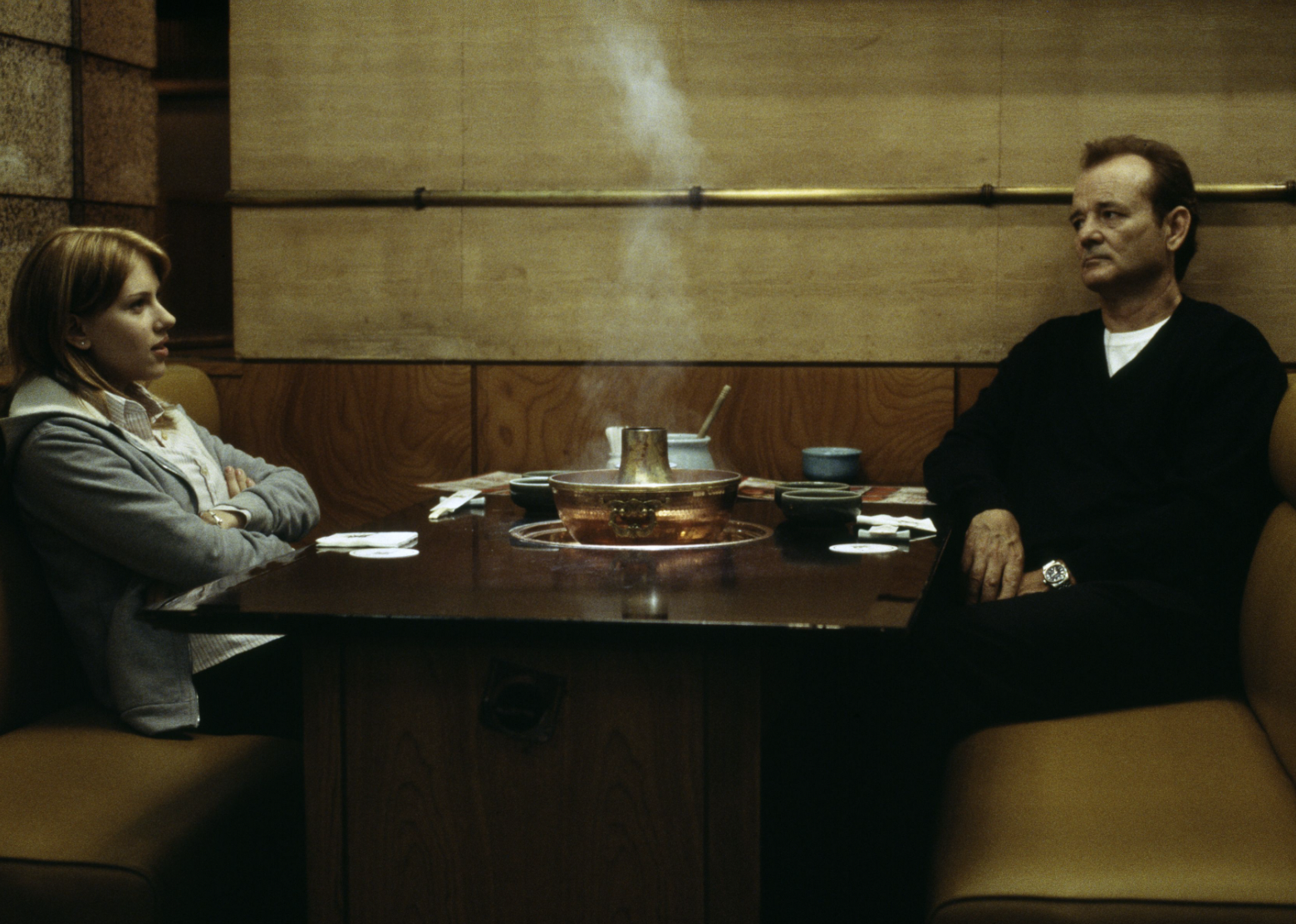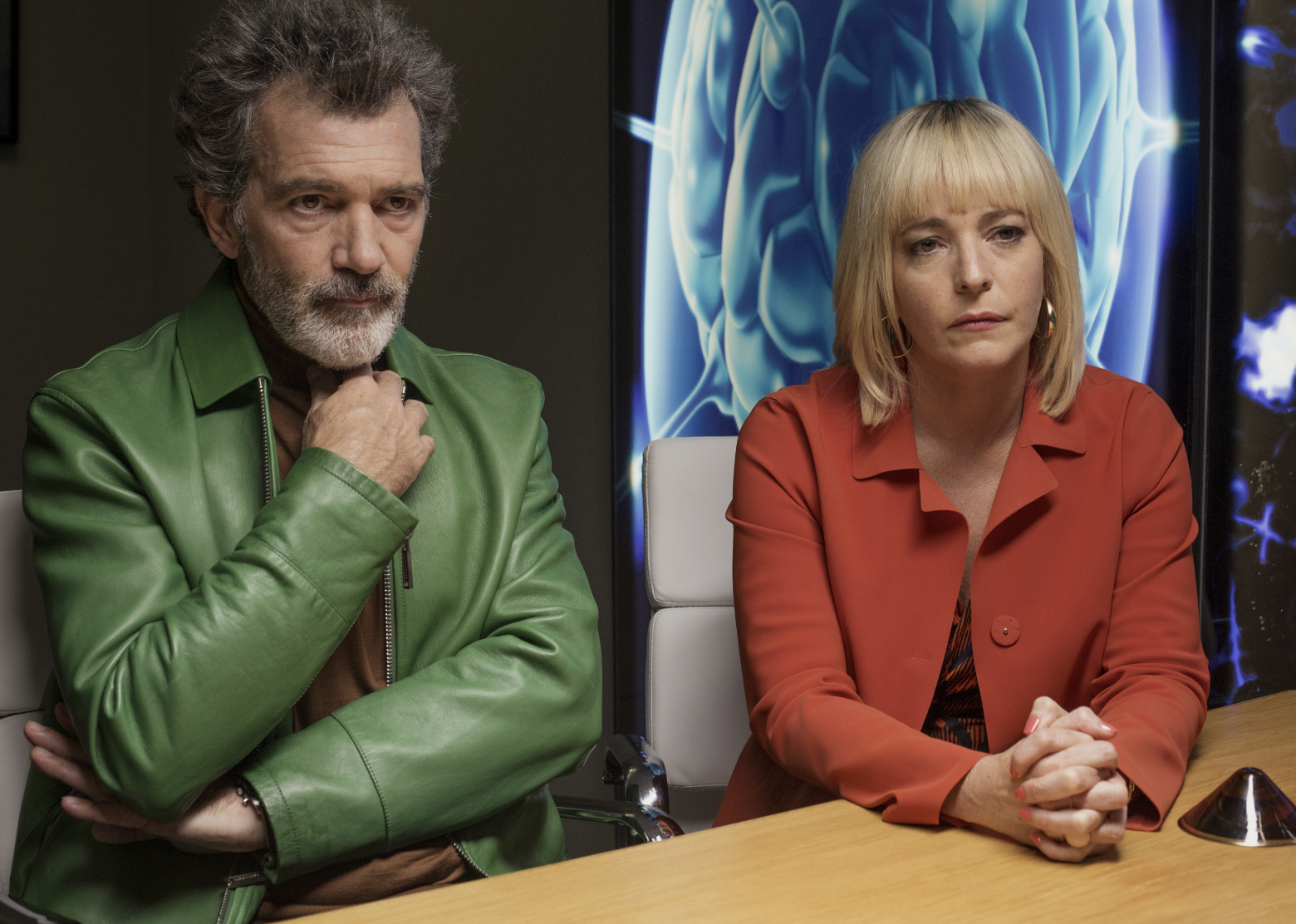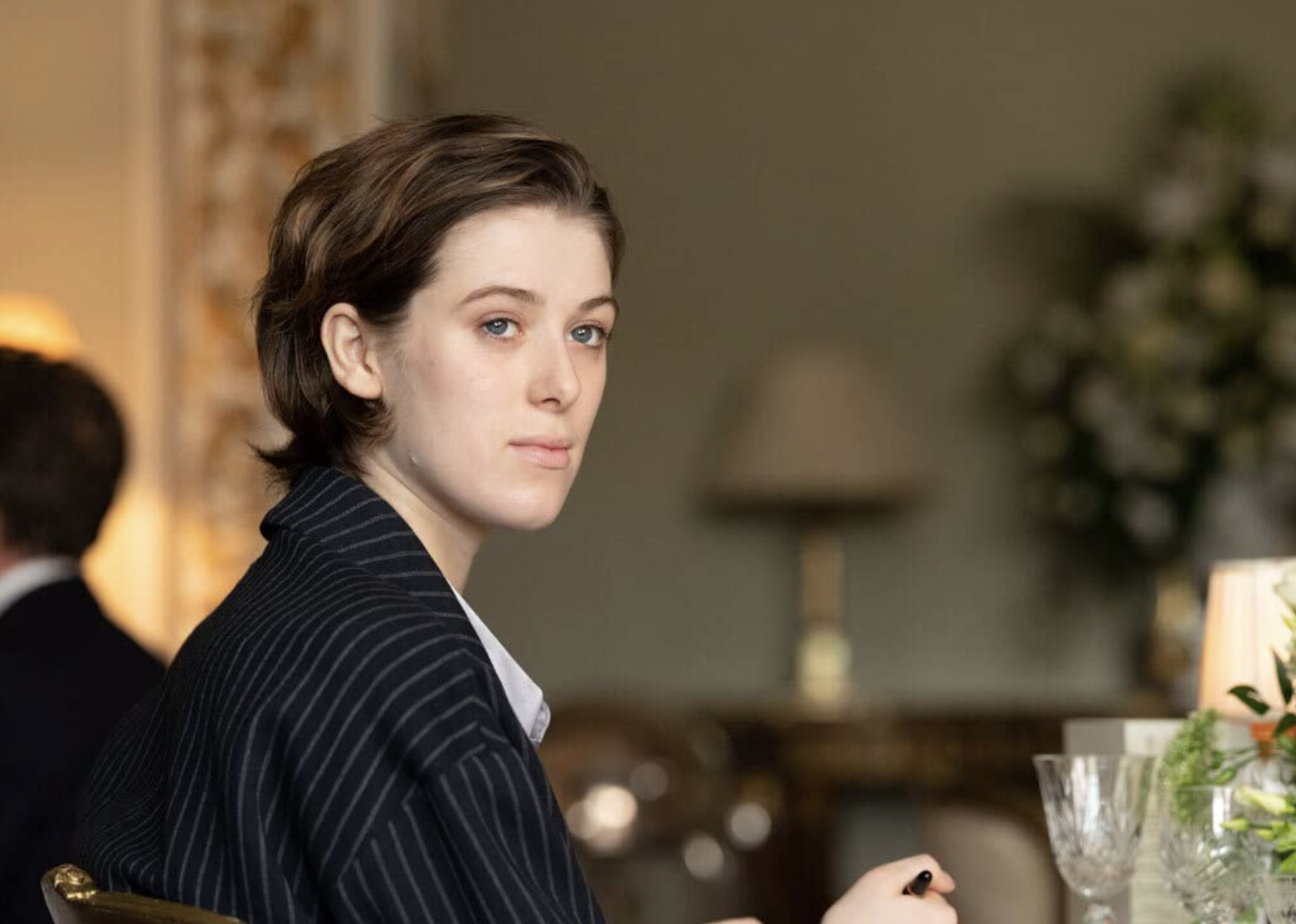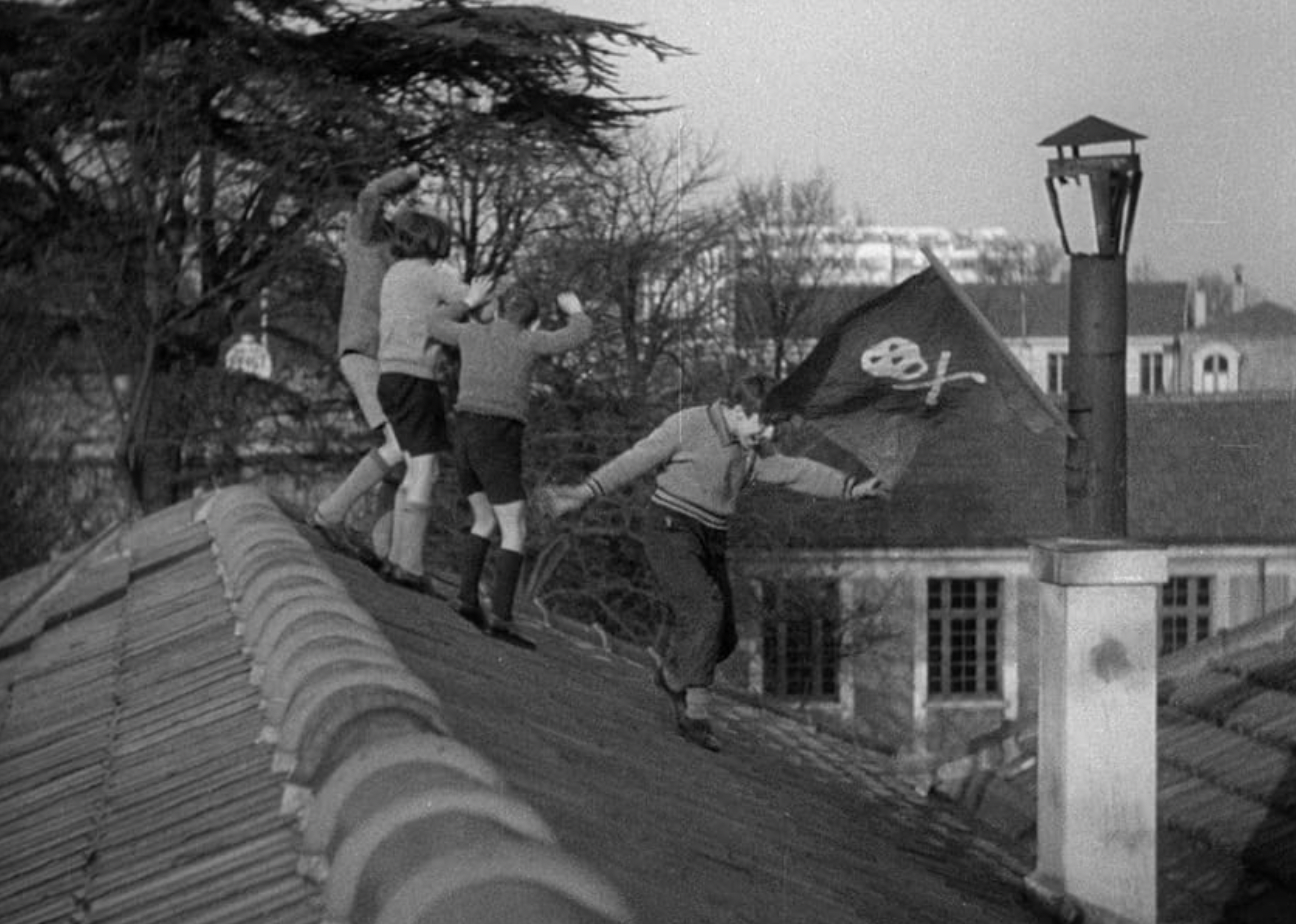15 great films based on the lives of their directors
Published 8:00 pm Thursday, November 3, 2022
Canal+
15 great films based on the lives of their directors
Some say art imitates life. When it comes to the movie industry, many filmmakers often draw inspiration from real-life events to tell an original story to make it feel grounded in reality—and sometimes, that creative spark comes from the artists’ own lived experiences.
Within the last few years, Hollywood has seen a trend of filmmakers creating movies at least partially based on their own lives, often depicting themselves in childhood or adolescence. While this film genre—often dubbed “semi-autobiographical”—is nothing new, these movies have been getting far more attention from the film industry, mainly through recognition at the Academy Awards.
For instance, Kenneth Branagh’s “Belfast” received a 2022 Best Picture Oscar nomination and won Best Original Screenplay. The previous year, Lee Isaac Chung’s “Minari” was also a Best Picture contender and took home Best Supporting Actress for Korean actress Youn Yuh-jung. Both films were based on the childhood of their directors, with “Belfast” depicting Branagh’s upbringing in Ireland during the 1960s and “Minari” providing a glimpse of Chung’s family of Korean immigrants living in Arkansas in the ’80s.
The Oscars have also recognized semi-autobiographical films from international directors in recent years. Spanish director Pedro Almodóvar’s “Pain and Glory” (2019) and Italian director Paolo Sorrentino’s “The Hand of God” (2021) both received Best International Feature Film nominations during their respective Oscar seasons.
At least four notable semi-autobiographical films have been given 2022 release dates: Richard Linklater’s “Apollo 10½: A Space Age Childhood”; James Gray’s “Armageddon Time”; Alejandro G. Inarritu’s “Bardo: False Chronicle of a Handful of Truths”; and Steven Spielberg’s “The Fabelmans,” which renders a portrait of the early years in the life of one of Hollywood’s most accomplished directors. The latter effort has already claimed the People’s Choice Award at the Toronto International Film Festival and premieres just in time for the awards season. Its early critical praise and winning TIFF’s top prize could spell Oscars success for Spielberg’s latest endeavor, so it will be exciting to see whether the Academy continues its trend of awarding autobiographical films next year.
Stacker researched films that were autobiographical for their directors and highlighted 15 with at least a 7.0 on IMDb or a 75 on Metacritic. To qualify, the film had to be largely based on the respective director’s real-life experience. Some of the movies on this list went on to receive awards attention while others—despite critical acclaim—were completely ignored by the Academy but are still beloved by cinephiles today. Read on to discover some of the best movies to depict the lives of the filmmakers working behind the camera.
You may also like: Most widely watched but universally hated movies of all time
![]()
Les Films du Carrosse
The 400 Blows (1959)
– Director: François Truffaut
– IMDb user rating: 8.1
– Metascore: data not available
– Runtime: 99 minutes
This coming-of-age tale follows Antoine (Jean-Pierre Léaud), a misunderstood Parisian boy who constantly gets into trouble. During an interview with a therapist, the boy reveals facts about his upbringing that help the audience understand the source of his contentious relationship with his neglectful parents.
Considered foundational to the French New Wave movement, the film is largely based on Truffaut’s own childhood. Like Antoine, his parents abandoned him; his grandmother raised him; and he often ran into the arms of cinema as an escape. The film won Best Director at the 1959 Cannes Film Festival and was nominated for Best Original Screenplay at the Academy Awards the following year.
Columbia Pictures
Almost Famous (2000)
– Director: Cameron Crowe
– IMDb user rating: 7.9
– Metascore: 90
– Runtime: 122 minutes
Known for helming films such as “Jerry Maguire,” director Cameron Crowe won an Oscar for Best Original Screenplay for writing this dramedy about a teenage Rolling Stone writer in the 1970s. Crowe drew from his own experiences writing for the same magazine when he was 16 years old, and his first assignment was covering the Allman Brothers Band. The film follows William (Patrick Fugit), an aspiring music journalist who goes on tour with the fictional rock group Stillwater.
Some characters reportedly share names with Crowe’s real-life friends or acquaintances, like “band-aid” leader Penny Lane (Kate Hudson) and Lester Bangs (Philip Seymour Hoffman), the Rolling Stone and Creem writer who gives William his first writing job.
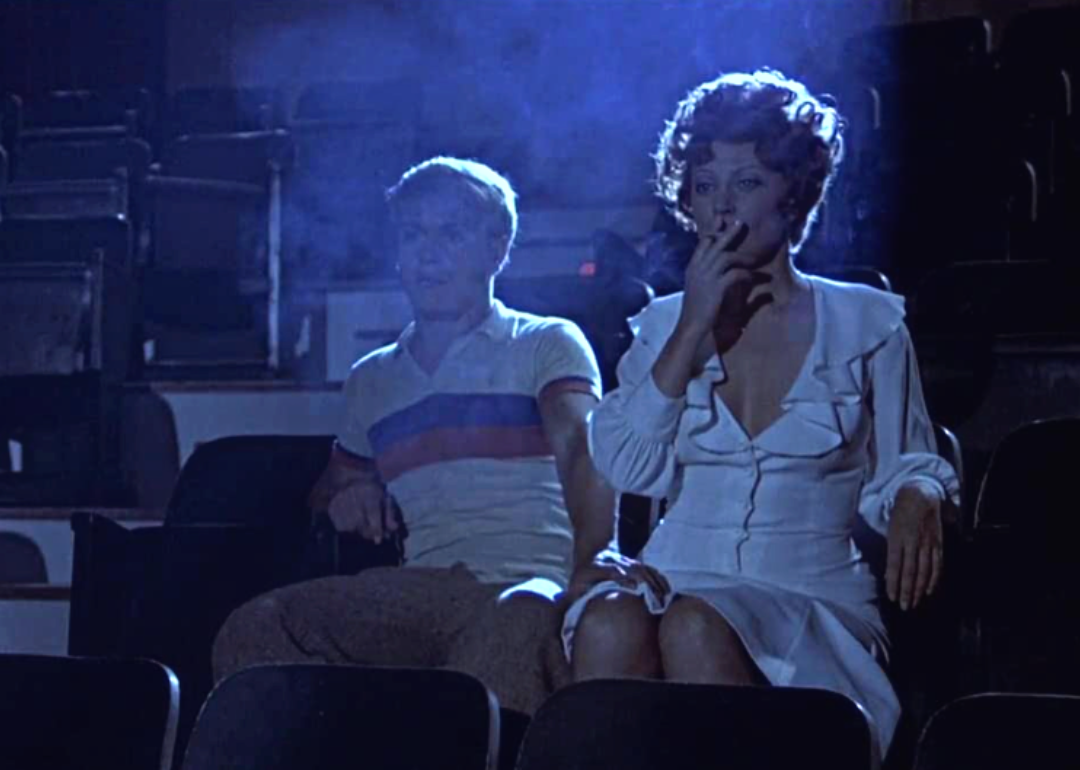
F.C. Produzioni
Amarcord (1973)
– Director: Federico Fellini
– IMDb user rating: 7.9
– Metascore: data not available
– Runtime: 123 minutes
Italian auteur Federico Fellini created a film to portray his native Rimini. Released a decade after what may be his most acclaimed work (“8½”), “Amarcord” evokes a dreamlike aesthetic through a series of vignettes as it follows a young boy (serving as a representation for a childhood friend of Fellini’s) growing up in fascist Italy in the 1930s.
Fellini once said the surrealist film—the title of which translates into “I Remember” from the Emilian-Romagnol dialect—is not precisely autobiographical; instead, it blends memory with fantasy to combine lived reality with imagined reality. The film won the Oscar for Best Foreign Language Film and was described by the Criterion Collection as being “like a circus, composed of numbers, perfectly linear and sequential but whose links are neither logical, dramatic, nor narratively motivated.”
Universal Pictures
American Graffiti (1973)
– Director: George Lucas
– IMDb user rating: 7.4
– Metascore: 97
– Runtime: 110 minutes
Before introducing the world to “Star Wars” and “Indiana Jones,” George Lucas brought this coming-of-age story to life based on his experiences as a teenager living in Modesto, California. Nominated for five Academy Awards, including Best Picture, the highly acclaimed film follows a group of recent high school graduates cruising the valley in 1962.
The movie boasted “The Godfather” director Francis Ford Coppola as a producer and a talented ensemble cast that included the likes of Richard Dreyfuss, Ron Howard, Charles Martin Smith, Harrison Ford, Cindy Williams, Paul Le Mat, and Mackenzie Williams. The late Roger Ebert applauded the film’s nostalgia for the early 1960s, writing, “No sociological treatise could duplicate the movie’s success in remembering exactly how it was to be alive at that cultural instant.”
Olympus Pictures
Beginners (2010)
– Director: Mike Mills
– IMDb user rating: 7.2
– Metascore: 81
– Runtime: 105 minutes
Writer-director Mike Mills is known for making personal films. While his relationship with his own child inspired “C’mon C’mon” and his mother and sisters were the basis of the characters he created in “20th Century Women,” it was his father he had in mind when writing “Beginners,” his second directorial feature. The story follows Oliver (Ewan McGregor), whose 75-year-old father (Christopher Plummer in an Oscar-winning role) tells his son he is gay just a few years before dying of cancer.
The director’s own father also came out of the closet in his 70s after the death of Mills’ mother. In an interview with IndieWire, Mills described his dad’s transformation from an “emotionally dampened” person before coming out to “totally revived … emotionally open and vivid” once he finally did.
You may also like: 50 times actors hated their own movies
Universal Pictures
Crooklyn (1994)
– Director: Spike Lee
– IMDb user rating: 7.0
– Metascore: 65
– Runtime: 115 minutes
Coming off of the critical success of 1989’s “Do the Right Thing,” Spike Lee was a busy man in the 1990s, kicking off the decade with a slew of acclaimed films, including “Mo’ Better Blues,” “Jungle Fever,” and “Malcolm X.” He co-wrote the screenplay for “Crooklyn”—a semi-autobiographical project depicting the life of a young girl growing up as the oldest sibling of a large family in a Brooklyn neighborhood—with his real-life sister and brother.
Lee’s siblings originally wanted to bring their childhood-inspired story to the small screen for a children’s TV network but ultimately turned the idea into a film. The family in the movie has much in common with the Lees, including the struggling jazz musician father (Delroy Lindo) and strict schoolteacher mother (Alfre Woodard).
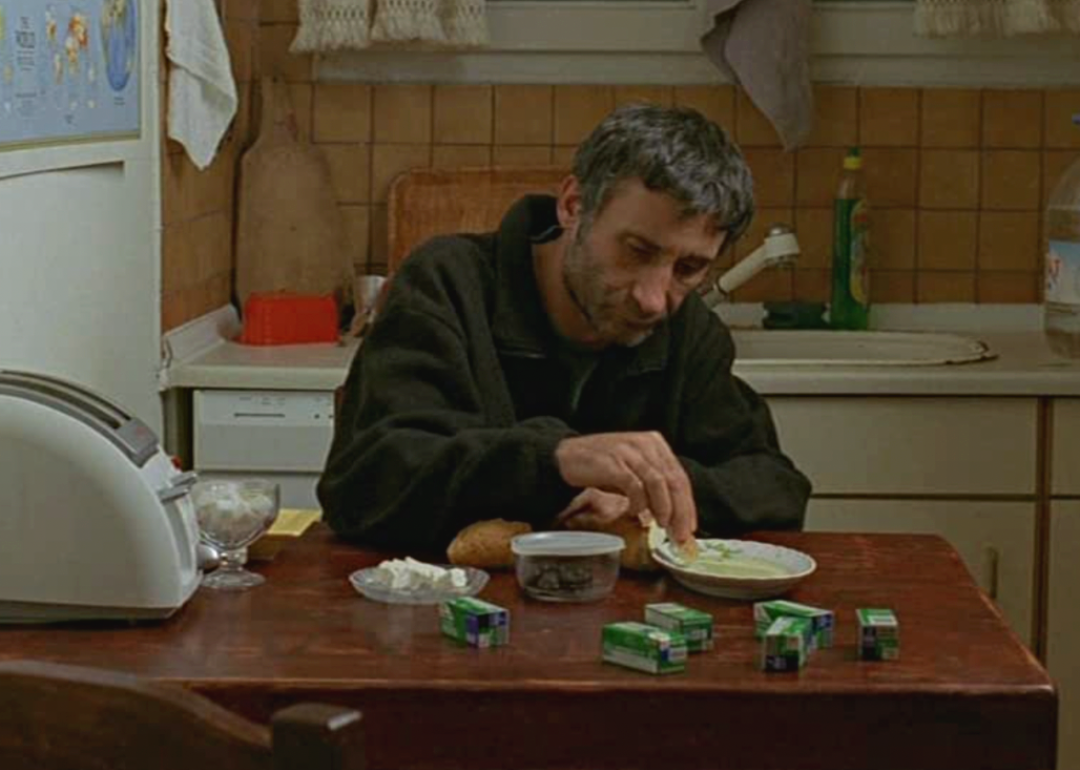
NBC Film
Distant (2002)
– Director: Nuri Bilge Ceylan
– IMDb user rating: 7.5
– Metascore: 84
– Runtime: 110 minutes
From Turkish director Nuri Bilge Ceylan, “Distant” (released as “Uzak” in Turkey) explores the relationship between two cousins living together in Istanbul as they struggle to connect. Mahmut (Muzaffer Özdemir) is a photographer disillusioned by life after his wife leaves him, while the less intelligent Yusuf (Mehmet Emin Toprak) moved to Istanbul looking for work after losing his factory job.
The character of Mahmut was meant to be a surrogate for the director himself, as Ceylan developed an interest in photography as a teenager, leading him to become a filmmaker. Aside from playing his cousin in the film, Toprak was also Ceylan’s real-life cousin; tragically, he died in an auto accident after the film screened in Ankara. Both lead actors were awarded the Best Actor prize at Cannes in 2003—a posthumous honor for Toprak—and the film also won the Grand Prix.
Cinematograph AB
Fanny and Alexander (1982)
– Director: Ingmar Bergman
– IMDb user rating: 8.1
– Metascore: 100
– Runtime: 188 minutes
Influential filmmaker Ingmar Bergman makes the list for bringing his story about an affluent family who runs a theater to the big screen. Winner of four Oscars, “Fanny and Alexander” is loosely based on the Swedish director’s childhood, with the character Alexander representing the young Bergman and Fanny as his sister. This feature marked the first of Bergman’s directorial efforts in which children play a central role, and his own passion for the theater is reflected in the family’s profession.
Filmed mainly in the director’s native Uppsala, the project was initially envisioned as a nearly five-and-a-half-hour television series but was eventually cut down to a three-hour cinematic experience, to Bergman’s dismay.
Nouvelles Éditions de Films (NEF)
Goodbye, Children (1987)
– Director: Louis Malle
– IMDb user rating: 8.0
– Metascore: 88
– Runtime: 104 minutes
Countless films have been made about the Holocaust and World War II, but few directors of these movies can claim to have a firsthand connection to this period in history. In “Goodbye, Children,” French director Louis Malle based the plot on events he witnessed as an 11-year-old. At the time, the priest who ran the school Malle attended took in three Jewish students under false names and employed a Jewish teacher to protect them from Nazi persecution. Tragically, all of them were arrested by the Gestapo in 1944, and the three students and the teacher died in Auschwitz. The film tells a similar story about a boy attending a Catholic school who befriends a Jewish student under the protection of the priests, who attempt to hide him from the Nazis.
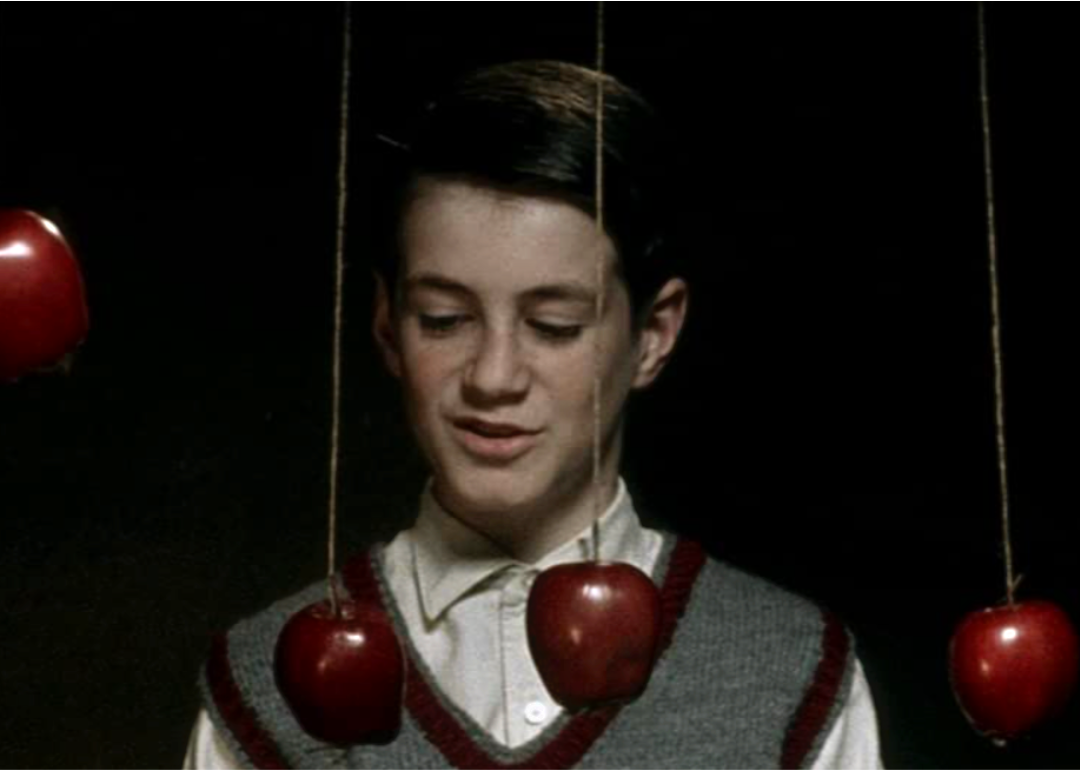
British Film Institute (BFI)
The Long Day Closes (1992)
– Director: Terence Davies
– IMDb user rating: 7.4
– Metascore: 85
– Runtime: 85 minutes
It is common to find semi-autobiographical films depicting a younger version of the director finding solace in a movie theater to convey their burgeoning passion for cinema, and Terence Davies’ “The Long Day Closes” is no exception. The British filmmaker was known for his autobiographical works, and this was the second of three feature films based on his own life—the other two being “Distant Voices, Still Lives” and “Of Time and the City.” “The Long Day Closes” is about 11-year-old Bud—who has an obsession with the movies—growing up in Liverpool in the 1950s. A reflection of Davies’ own childhood experiences, the story follows Bud as he is raised in the Catholic church, endures bullies at school, and begins to experience shame as he discovers his sexuality.
You may also like: 100 best fantasy movies of all time
Focus Features
Lost in Translation (2003)
– Director: Sofia Coppola
– IMDb user rating: 7.7
– Metascore: 89
– Runtime: 102 minutes
Daughter of renowned director Francis Ford Coppola, Sofia Coppola cemented her place as a Hollywood filmmaker to watch with her sophomore feature film, “Lost in Translation.” Earning her an Oscar win for Best Original Screenplay, the story follows Bob (Bill Murray), an aging actor who befriends philosophy graduate Charlotte (Scarlett Johansson) while visiting Tokyo.
Described as a melancholic romance, Coppola drew inspiration for the project from her own time traveling to Japan—in fact, the characters in the film first meet in the same hotel where Coppola stayed during her own visit. Some have speculated that Charlotte’s dissatisfaction in the movie reflects Coppola’s mindset while she was married to “Being John Malkovich” director Spike Jonze; the couple divorced shortly after the film’s release.
2.4.7. Films
Persepolis (2007)
– Directors: Vincent Paronnaud, Marjane Satrapi
– IMDb user rating: 8.0
– Metascore: 90
– Runtime: 96 minutes
The only animated feature on this list, “Persepolis” is based on the autobiographical graphic novel written by French Iranian director Marjane Satrapi. The story of both the comic and the film depicts the director’s time growing up in Tehran during the Iranian Revolution, an event that overthrew the country’s monarchy in favor of an Islamic republic that requires the young Marjane to no longer attend school with boys and wear a headscarf. Continuing to witness all kinds of oppression and brutality under the new regime and fearing for their rulebreaking daughter’s safety, Marjane’s parents eventually send her to Vienna, where she encounters discrimination. For her work directing the film, Satrapi became the first woman to be nominated for the Best Animated Feature Oscar.
Canal+
Pain and Glory (2019)
– Director: Pedro Almodóvar
– IMDb user rating: 7.5
– Metascore: 87
– Runtime: 113 minutes
“Pain and Glory” is the culmination of a long-standing collaborative partnership between director Pedro Almodóvar and actor Antonio Banderas. In a role that won him the Best Actor prize at Cannes and landed him his first Oscar nomination, Banderas plays a Spanish film director named Salvador Mallo, who is loosely based on Almodóvar himself; from Mallo’s profession as a filmmaker and his struggle with chronic pain down to the hairstyle and wardrobe choices, the character is a fictional embodiment of the real-life acclaimed director.
The story depicts the protagonist reflecting on his life through art, taking drugs to cope with his pain, and reuniting with an old flame. The film includes flashbacks from Mallo’s childhood and memories of his mother—played by Penélope Cruz, another frequent Almodóvar collaborator—and concludes by revealing Mallo is directing the flashback scenes from his childhood to make a film.
BBC Film
The Souvenir: Part II (2021)
– Director: Joanna Hogg
– IMDb user rating: 7.2
– Metascore: 90
– Runtime: 107 minutes
A direct sequel to 2019’s “The Souvenir,” Joanna Hogg’s follow-up film received just as much critical acclaim as the first, in a story that follows Julie (Honor Swinton Byrne), an aspiring film student in the 1980s, navigating a complicated romantic relationship. The sequel begins with the protagonist trying to cope with the loss of her former lover—who died of an overdose—by searching for answers about his life and his final days from those who knew him. Julie decides to make her final student film about the tumultuous relationship from which she is still grieving.
Hogg based both films on her experiences from her 20s, a fact alluded to in “Part II” as the story ends by showing the set of a film within a film, and the real-life director’s voice can be heard calling “cut.”
Franfilmdis
Zero for Conduct (1933)
– Director: Jean Vigo
– IMDb user rating: 7.2
– Metascore: data not available
– Runtime: 44 minutes
The oldest and shortest film on the list, “Zero for Conduct” follows a group of boarding school boys who rebel against their authoritarian teachers to take control of the school. French director Jean Vigo based the story on his own time attending boarding school in his youth, and the characters are all based on himself and his former classmates.
For a film that celebrates anarchy on a small scale, it might come as no surprise that Vigo’s father was himself a journalist imprisoned for his militant anarchist activity in the early 20th century; the teachers in the film were inspired by the guards of a prison where his father was once incarcerated. Vigo’s work inspired the filmmakers of the French New Wave, including François Truffaut, the director of “The 400 Blows.”
You may also like: Sequels that outperformed the original at the box office


